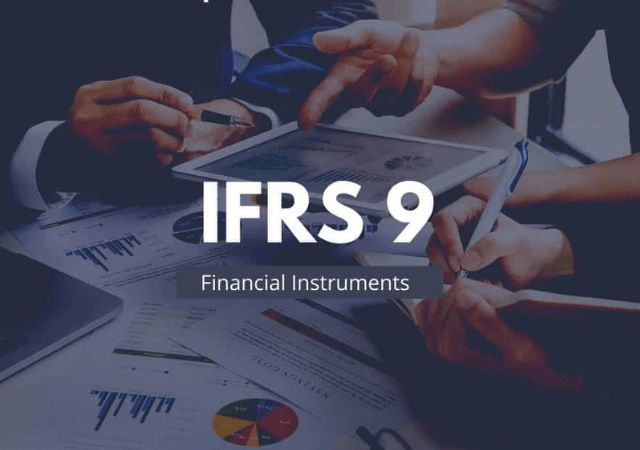What Is Group Consolidation and Why Does It Matter?
Group consolidation refers to the process of combining the financial statements of a parent company with its subsidiaries into a single set of financials, usually for:
-
External financial reporting (e.g. IFRS/FRS consolidated accounts)
-
Regulatory compliance (especially for listed companies)
-
Internal management and group performance tracking
-
Investor reporting and debt covenant monitoring
For consolidation to be effective, the subsidiary financials must be reliable, comparable, and audit-ready — even if the subsidiary itself is exempt from local statutory audit.
Why Conduct Voluntary Audit for Group Reporting Purposes?
✅ Ensures Accuracy and Consistency Across the Group
Each subsidiary may have different accounting policies, reporting formats, or error risks. A voluntary audit helps to:
-
Standardise accounting treatment in line with group policy
-
Detect misstatements or inconsistencies early
-
Provide audit assurance for group-level consolidation teams
This is especially critical in multinational groups where consolidation is done at the regional or global level.
✅ Supports IFRS/FRS Compliance in Consolidated Accounts
If the holding company is listed or reports under IFRS or Singapore FRS, subsidiaries’ financials must adhere to those standards as well. A voluntary audit ensures:
-
Alignment with group reporting standards
-
Proper treatment of complex items like goodwill, deferred taxes, or intercompany balances
-
Timely reporting aligned with group deadlines
✅ Facilitates External Group Audit Requirements
Even if a Singapore subsidiary qualifies for audit exemption under the Companies Act, the group auditor may still require audited local financials for:
-
Consolidation testing
-
Analytical review procedures
-
Intercompany transaction verification
-
Group audit file completion (in line with ISA 600 requirements)
A voluntary local audit reduces bottlenecks in the group audit process and helps meet reporting timelines.
✅ Improves Internal Controls and Intercompany Reconciliations
Group audits often uncover issues such as:
-
Unreconciled intercompany balances
-
Incorrect currency translations
-
Timing differences in revenue or expense recognition
A voluntary audit encourages better internal discipline in maintaining clean records and facilitates quicker intercompany reconciliations.
✅ Strengthens Governance and Transparency for the Group
Investors, board members, and external regulators expect group entities to demonstrate good governance practices — especially in regulated industries or cross-border operations.
A voluntary audit enhances:
-
Subsidiary accountability
-
Transparency of local financial performance
-
Governance consistency across all entities
It is a signal that the group values integrity and high standards, regardless of local audit exemptions.
Practical Use Case: Singapore Subsidiary in a Foreign Group
Imagine a European parent company preparing consolidated accounts under IFRS. It owns a Singapore subsidiary that qualifies for audit exemption under local law.
To ensure:
-
Timely consolidation
-
Compliance with group audit standards
-
Reliable intercompany reporting
…the group’s auditor or finance team may require the Singapore entity to undergo a voluntary audit. Doing so reduces year-end surprises and audit delays — improving efficiency across the group.
How USAFE Supports Group Consolidation
At USAFE, we specialise in voluntary audits for subsidiaries operating in Singapore and Malaysia. We work closely with:
-
Parent company auditors (local or overseas)
-
Group finance teams
-
Group auditors requiring component-level assurance
Our approach ensures:
-
Alignment with group reporting deadlines
-
Compliance with IFRS, FRS, or group accounting policies
-
Proactive communication for seamless coordination
We also maintain transparent pricing and audit timelines, so you can plan group reporting schedules with confidence.
Conclusion
Voluntary audit is not just about compliance — it’s a strategic tool for enhancing the quality, speed, and reliability of group consolidation. For multinational businesses and regional groups, especially those with ambitions of listing or acquiring funding, consistent audited financials across entities are a vital part of financial integrity.
Need audit support for your Singapore subsidiary or regional entity?
Reach out to USAFE Audit & Assurance — your trusted partner in enabling accurate, efficient, and transparent group reporting.
Disclaimer: This article is for informational purposes only and does not constitute any professional advice. Feel free to contact us to consult with our professional advisors team for personalized advice and guidance.






